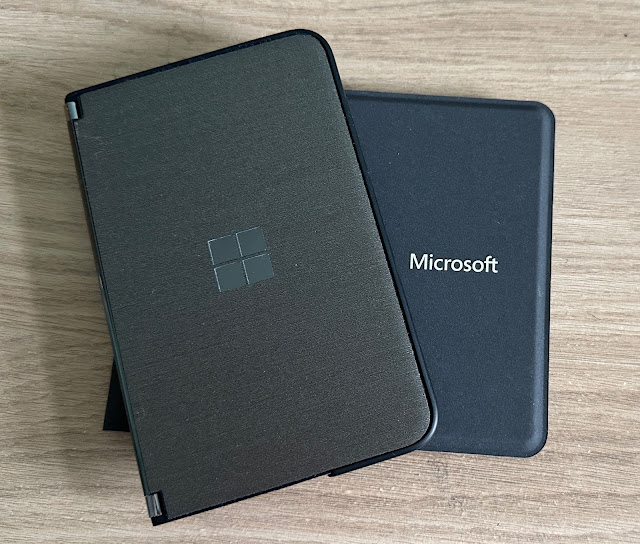Introducing the economy 'Car Health' indicator concept!
Yes, I'm sure newer cars have diagnostic sensors built into everything, right down to tyre pressures and cabin pollution. But what about 'normal' cars, where it would be great to get a 'thumbs up' from the car computer that all's well for that big journey ahead?
Typically a car's dashboard gives warning lights for all the obvious stuff - low oil pressure and levels, and coolant temperature, but what about subtleties like low tyre pressure on one wheel, or something wearing out in your timing or pump chains/belts?
So I have a huge tip for anyone whose car does give a readout of 'fuel economy'. This is intended to help you get a feel for how your driving style affects miles-per-gallon (mpg), but I contend that it can also be used as an indicator of how healthy your car is, all other things being equal.
But it can't be done on normal roads, where braking, roundabouts and traffic all get in the way.
Here's the drill. Once you're on the motorway, get to a known cruising speed (in my case, for good economy, around 60mph) and zero the trip counter. Then try to keep speed constant and let the calculations build up over the next 10 or 20 miles. After you've done this a few times, you'll get a good feel for what your car can deliver under these 'steady state' conditions.
Assuming your car is fine at the moment and in good health, then you have a baseline, say 50mpg.
Now, on future journeys, as you set off and once your engine has warmed up, again on a motorway, zero the counter again and keep an eye on economy. My theory is that if something's non-optimal (let's say a tyre that's under pressure or partly flat), your first indication won't be in handling problems or an unexplained noise, it'll be in the economy spot check figure being 'down'.
So you've set off, warmed up and up to speed, and, instead of roughly 50mpg, you're seeing 40mpg. That's cause to stop at the next convenient point and do some checks. Tyre pressures, fluid levels, fan belt condition, signs of oil leaks, odd noises with the engine running and the bonnet up, and so on.
Well, it's a theory. I do this 'economy' check at the start of every long journey and it hasn't failed me so far.
Comments?
Typically a car's dashboard gives warning lights for all the obvious stuff - low oil pressure and levels, and coolant temperature, but what about subtleties like low tyre pressure on one wheel, or something wearing out in your timing or pump chains/belts?
So I have a huge tip for anyone whose car does give a readout of 'fuel economy'. This is intended to help you get a feel for how your driving style affects miles-per-gallon (mpg), but I contend that it can also be used as an indicator of how healthy your car is, all other things being equal.
But it can't be done on normal roads, where braking, roundabouts and traffic all get in the way.
Here's the drill. Once you're on the motorway, get to a known cruising speed (in my case, for good economy, around 60mph) and zero the trip counter. Then try to keep speed constant and let the calculations build up over the next 10 or 20 miles. After you've done this a few times, you'll get a good feel for what your car can deliver under these 'steady state' conditions.
Assuming your car is fine at the moment and in good health, then you have a baseline, say 50mpg.
Now, on future journeys, as you set off and once your engine has warmed up, again on a motorway, zero the counter again and keep an eye on economy. My theory is that if something's non-optimal (let's say a tyre that's under pressure or partly flat), your first indication won't be in handling problems or an unexplained noise, it'll be in the economy spot check figure being 'down'.
So you've set off, warmed up and up to speed, and, instead of roughly 50mpg, you're seeing 40mpg. That's cause to stop at the next convenient point and do some checks. Tyre pressures, fluid levels, fan belt condition, signs of oil leaks, odd noises with the engine running and the bonnet up, and so on.
Well, it's a theory. I do this 'economy' check at the start of every long journey and it hasn't failed me so far.
Comments?



Comments